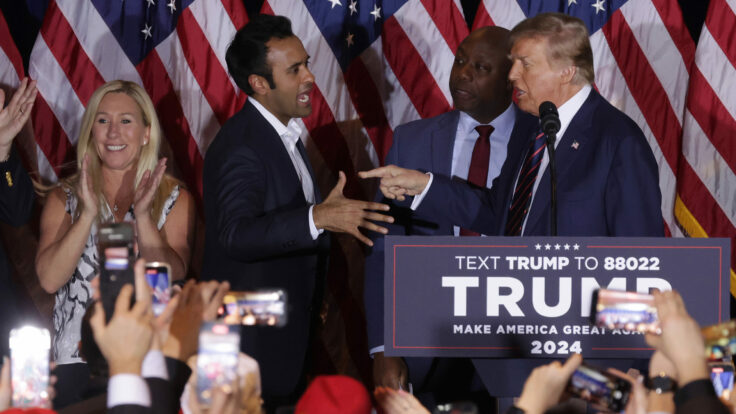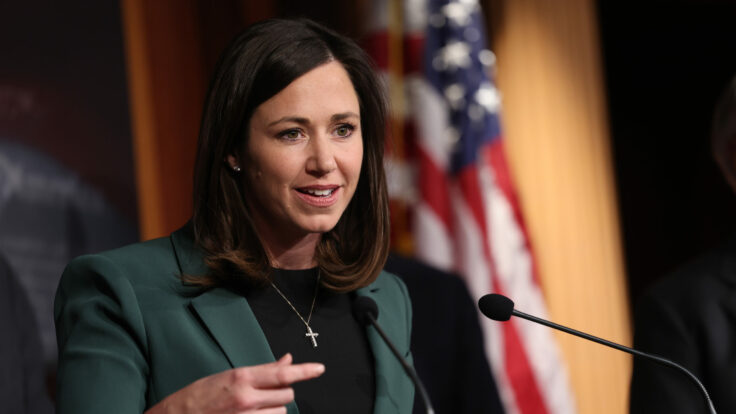Earlier this morning, I caught up with Mick Mulvaney, Donald Trump’s third chief of staff, who resigned from his post as envoy to Northern Ireland on the day after the January 6 riot at the Capitol. Mulvaney, of course, isn’t merely an expert on Trump and Trumpworld; he’s also a founding member of the House Freedom Caucus, which is currently hellbent on quashing Kevin McCarthy’s leadership bid. It seemed like a good time to chat and get Mulvaney’s perspective on how the negotiations might play out.
According to Mulvaney, the group that once took down former Speaker John Boehner, under Mulvaney’s leadership, has now devolved into directionless banditry, and one that thirsts after McCarthy because of a personal vendetta rather than conservative principles. During our dishy conversation, Mulvaney said that he’s not sure that many of the group’s fringiest members, like Marjorie Taylor Greene and Lauren Boebert, would have been accepted into his O.G. Freedom Caucus—that shutdown-loving, fiscally austere group he founded during the rise of the Tea Party movement. He also pointed fingers at Mark Meadows, his Freedom Caucus co-founder and successor as White House chief of staff, whom he suspects may actually want the speakership for himself. This interview has been edited and condensed for clarity.

















